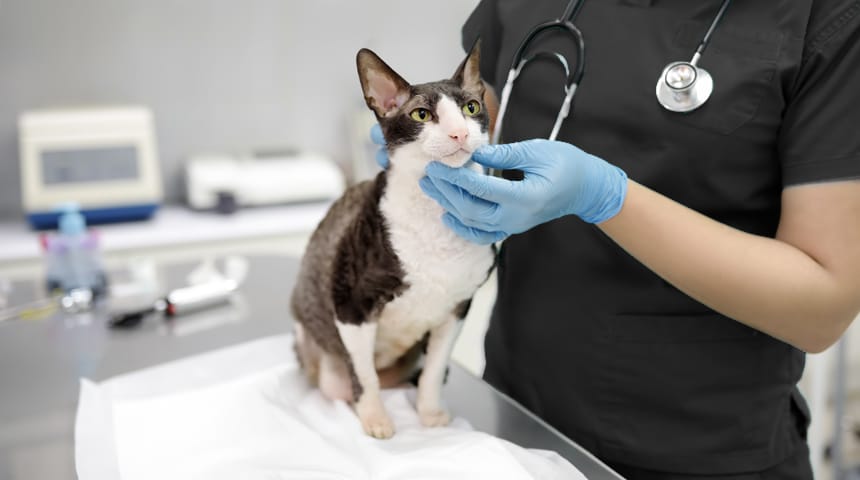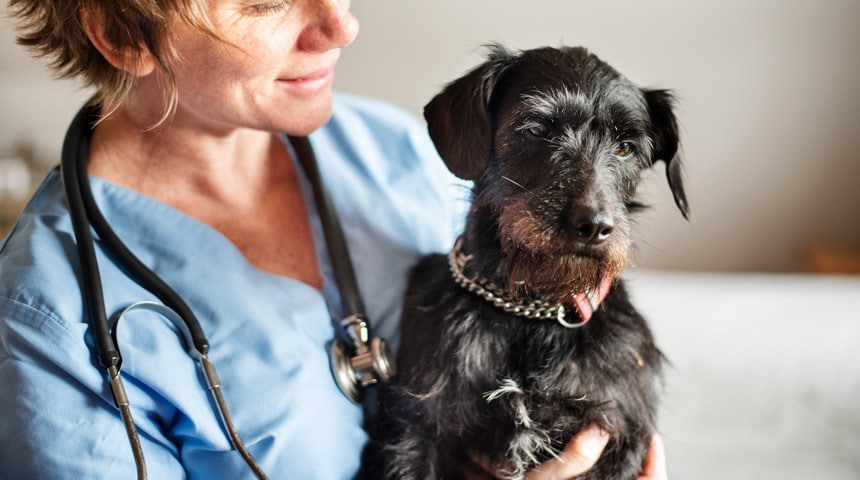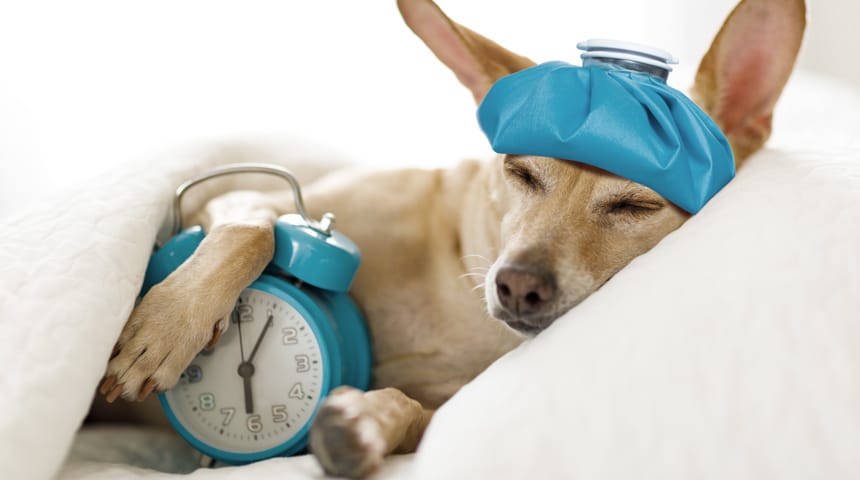Your pet is a member of your family and ours; it is a best friend, and even a confidant!
That's why our dedicated team of veterinarians, technicians and support team is always there, ready to care for your pet and give you the most appropriate advice to ensure its well-being and health.









